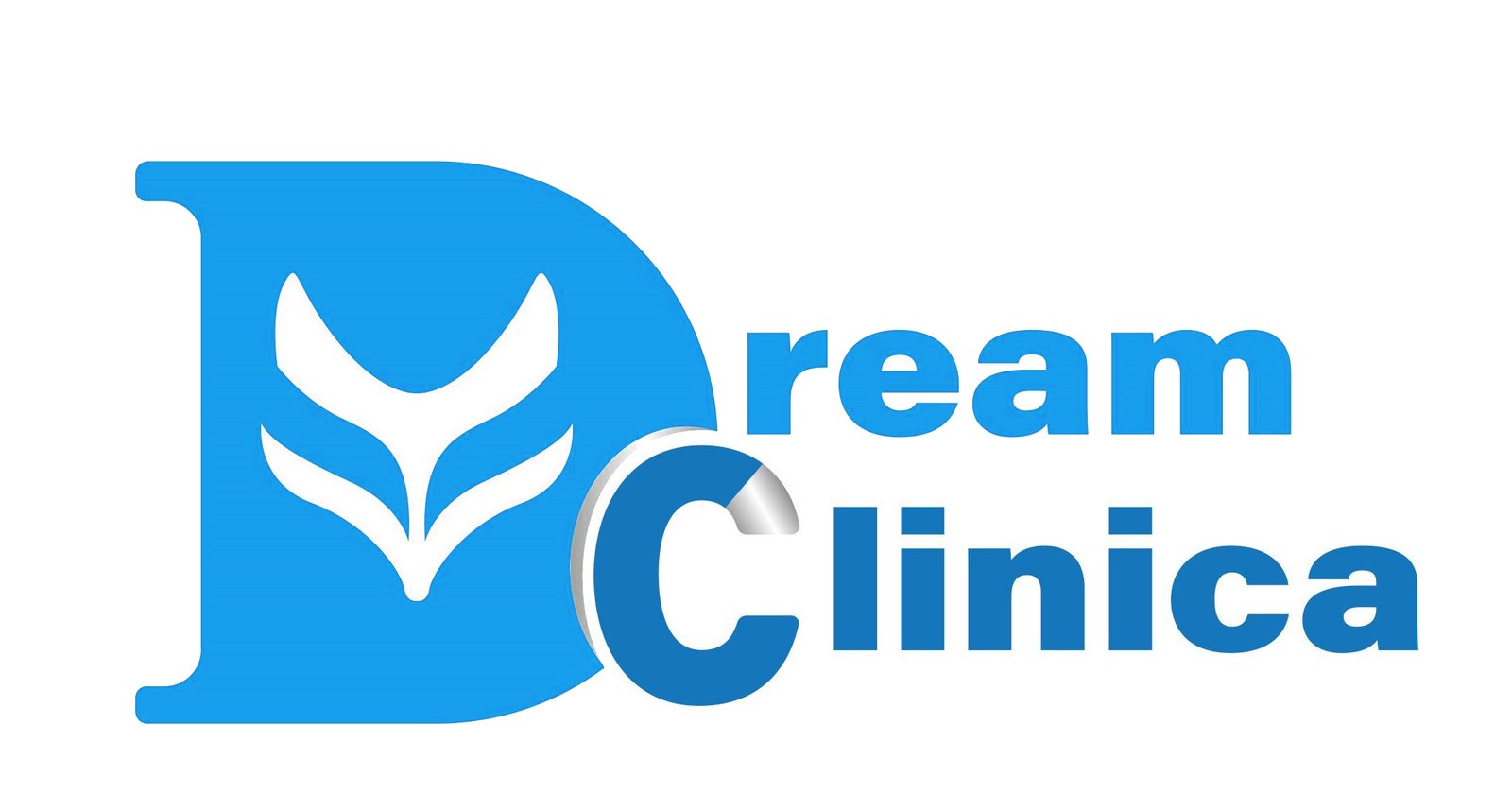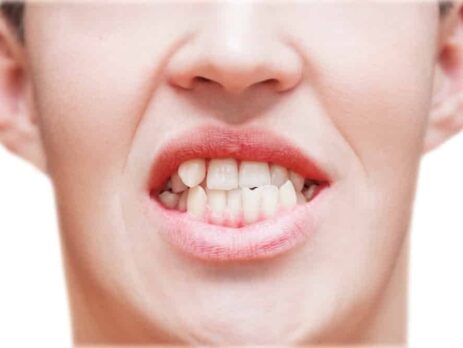My Teeth Are Crooked & My Bite Is Uneven | Am I A Candidate For Jaw Surgery?
Do you experience TMJ (temporomandibular joint) pain, difficulty chewing or swallowing? Are your crooked teeth, overbite, underbite or receding chin compromising your ability to live your life with full confidence? If you have any or a combination of these symptoms, you may be a candidate for jaw surgery. This article explores the question ‘what is jaw surgery’, the reasons why people seek jaw surgery, how to recover from jaw surgery, and the risks.
What is jaw surgery?
Corrective jaw surgery — officially called orthognathic surgery — is a type of surgery designed to straighten or realign your jaw and correct to fix misalignment of jaws and teeth. Performed by a specialist oral & maxillofacial surgeon, this surgery improves your jaw’s function and can even help chewing, speaking and breathing. It can also enhance the patient’s facial appearance by improving symmetry and balance.
Reasons for jaw surgery
Corrective jaw surgery can assist individuals who experience:
Chronic jaw pain
TMJ (temporomandibular joint) pain
A receding lower jaw and chin
A protruding jaw
An open bite (there is space between the upper and lower teeth when the mouth is closed)
An unbalanced facial appearance resulting from facial injury or birth defects
Difficulty chewing or biting food
Difficulty swallowing
Excessive wear and tooth surface loss
An inability to make the lips meet without straining
Chronic mouth breathing
Sleep apnea and snoring
Types of jaw surgery
There are many types of jaw surgery. Depending on the nature of your jaw misalignment, the maxilla (upper jaw), the mandible (lower jaw) or both jaws may require surgery.
Upper jaw surgery
Upper jaw surgery, also called maxillary osteotomy, is a kind of jaw surgery designed to correct a significantly receded upper jaw, a crossbite or an open bite.
Lower jaw surgery
Lower jaw surgery, also called mandibular osteotomy, will correct a significantly receded lower jaw. Your specialist oral & maxillofacial surgeon will move the lower jawbone forward or backward to correct the bite alignment of an overbite or underbite.
Genioplasty
A severely receded lower jaw is often accompanied by a deficient chin. Usually, specialist oral & maxillofacial surgeons can alter the jaw and restructure the chin during the same surgery session. We describe this process of reshaping the chin in more detail in our article about genioplasty.
What does corrective jaw surgery involve?
Your specialist oral & maxillofacial surgeon will consult your orthodontic dental records to aid decision-making for your corrective jaw surgery.
During the surgery, your specialist oral & maxillofacial surgeon will reposition your jawbones to correct their misalignment by reshaping the bone. Extra bone may be grafted from your hip, leg, or rib and added if the amount in your jaw is insufficient. Often, incisions are made entirely inside the mouth without leaving any evidence of scarring on the skin surface.
Your specialist oral & maxillofacial surgeon will secure your jaw in place with tiny screws, surgical plates and wires. Formulated to be compatible with your body, these screws and plates are osseo-integrated and become integrated with your bone over time.
You will need to wear orthodontic elastics as your bite settles following the surgery.
In total, corrective jaw surgery typically takes one to several hours to complete.
How to recover from jaw surgery fast
Jaw surgery recovery is straightforward and usually complication-free. You can accelerate this time by taking care to look after yourself well and follow your specialist oral & maxillofacial surgeon’s instructions for recovery.
The days immediately following jaw surgery
Most patients stay in hospital for one night. Facial swelling will peak at the 36-48 hour mark after the surgery.
Up to six weeks after jaw surgery
Recovery will take about six weeks. During this time, you’ll need to maintain strict oral hygiene with a soft bristle toothbrush, follow a strict diet of soft foods, and rece
Turkey Draem Smile, [08.07.21 20:10]
ive adequate rest.
Most patients can return to their ordinary routine two to four weeks after surgery. You should avoid hard foods for six weeks until your jawbones heal.
The months after jaw surgery
Your final facial appearance will become apparent after a few months. The jaw will take between nine and 12 months to heal in full.
Corrective jaw surgery risks
Potential risks arising from jaw surgery include:
Lip numbness: The lower lip may recover from the anaesthesia more slowly than the upper lip. In rare cases, patients may report permanent numbness that does not impact the lip’s appearance or function.
Infection of the plates beneath the gum (rare): In a small number of cases, plates may become infected. This complication is more likely to occur if you smoke cigarettes.
Re-adjustment of the bite (rare): Occasionally, your specialist oral & maxillofacial surgeon may suggest you would benefit from a second operation to adjust the bite.
Relapse after surgery (extremely rare): There may be a relapse in the position of the jaws or teeth.
1-2 Sessions
Number of Sessions
20 min.
Session Duration
Local anesthesia
Anesthesia
3-7 Days
Precision
Immediately
Back to Work
3-4 Weeks
Full Recovery
Continuous
Permanence
No
Hospitalization
Attention: *For informational purposes only, please consult your doctor for diagnosis and treatment.
For detailed information, you can contact us via WhatsApp.

